A drug discovery firm founded in Dundee has been awarded £1.8 million in a bid to stop future pandemics.
Exscientia uses artificial intelligence (AI) to help design drugs which can dramatically reduce the time taken to develop medicines.
The company was founded at Dundee University a decade ago. It retains a base in the city as well as offices around the world.
Now it has been awarded the seven-figure funding from Open Philanthropy. Its main funders are husband and wife entrepreneurs Cari Tuna and Dustin Moskovitz, a co-founder of Facebook.
Following Covid, Open Philanthropy launched the pandemic antiviral discovery initiative.
Also backing the project are Danish-based Novo Nordisk Foundation and The Bill and Melinda Gates Foundation.
Exscientia funding to help stop future pandemics
Professor Ian Goodfellow, vice-president of antivirals at Exscientia, was delighted to have secured the funding.
He said: “We are thrilled that these expert institutions are supporting Exscientia’s capabilities to develop innovative solutions to address significant unsolved health issues, expressed through this grant.”
Through the grant, the firm will explore what is required to activate interferons – which provide a first line of defence against viral infections – to stop infections such as influenza and Covid-19.
The interferon response is a crucial component of the body’s ability to control infection. Its activation results in the production of proteins that activate an antiviral state, suppressing the virus.
Mr Goodfellow added: “We may be able to transform the way influenza can be treated and prevented in the future.”
Funding for ‘novel approaches’ to infectious diseases
Heather Youngs, senior program officer for scientific research at Open Philanthropy, added: “We are excited to help fund novel approaches to increasing resilient response to infectious disease.
“The world needs diverse ready options to address general global health needs and to prevent future pandemics and all their dire consequences.”
Since it was established in a Dundee coffee shop, Exscientia has signed a series of multi-million pound deals with global drug giants.
It raised almost £400m in a funding round in 2021. It also floated on the Nasdaq stock exchange.
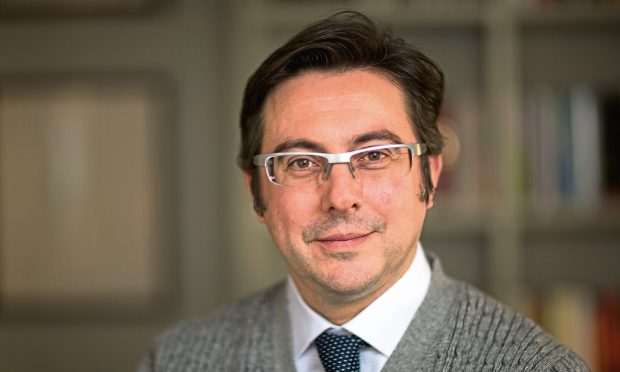
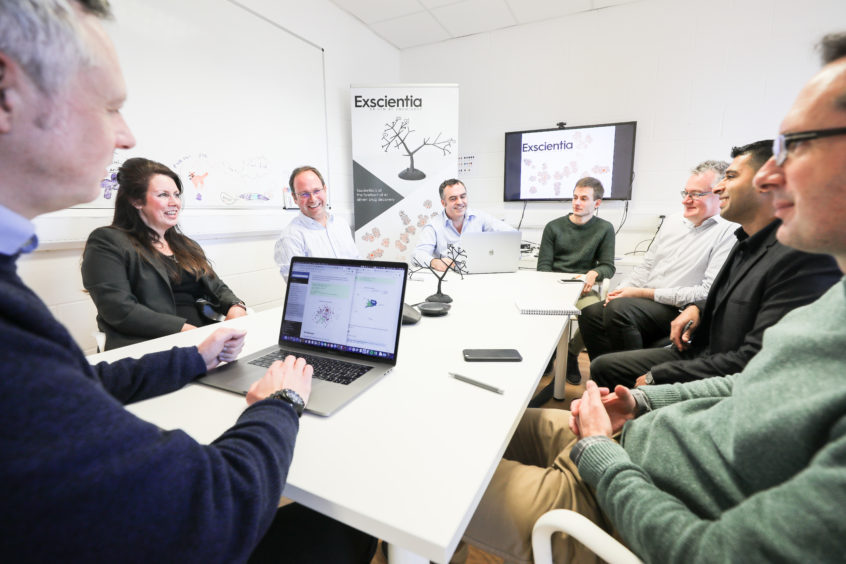
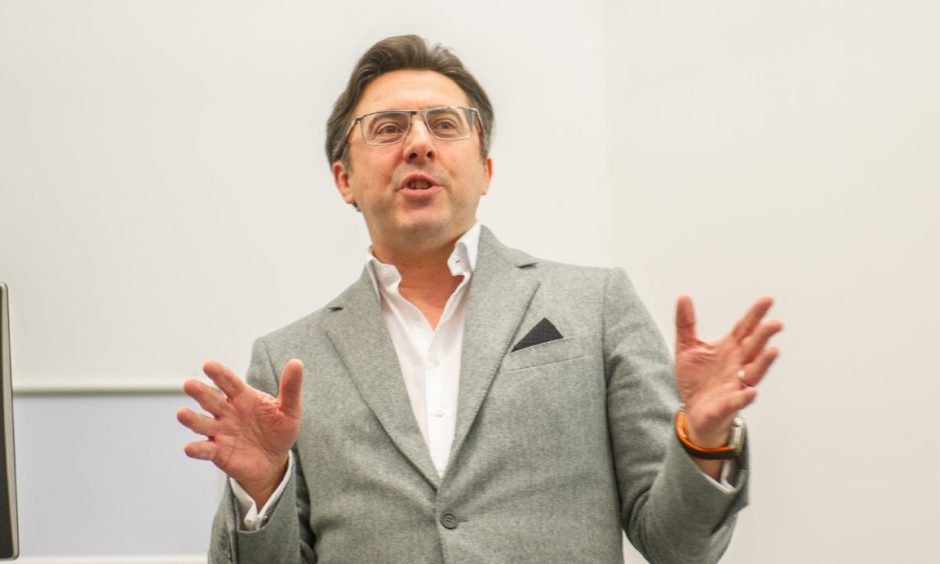
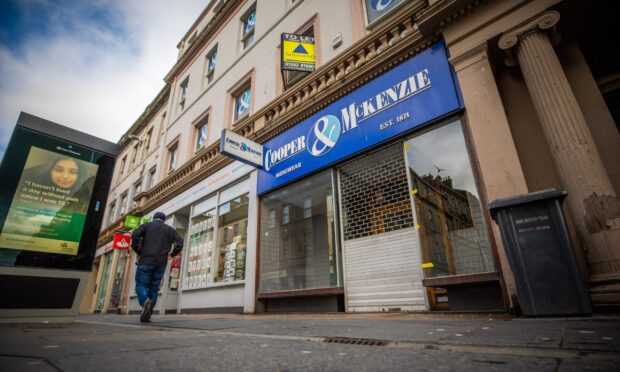


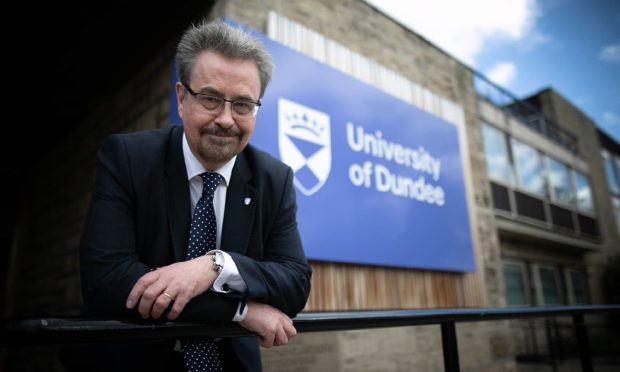


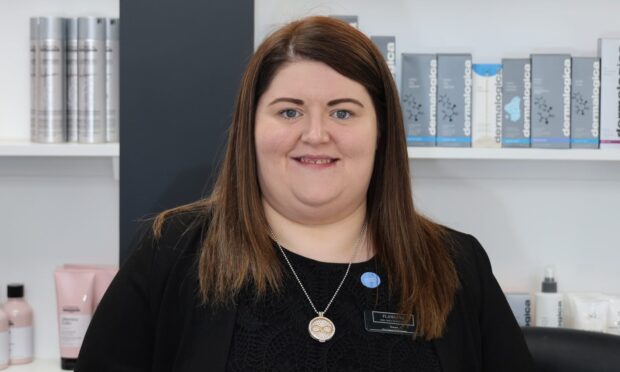



Conversation